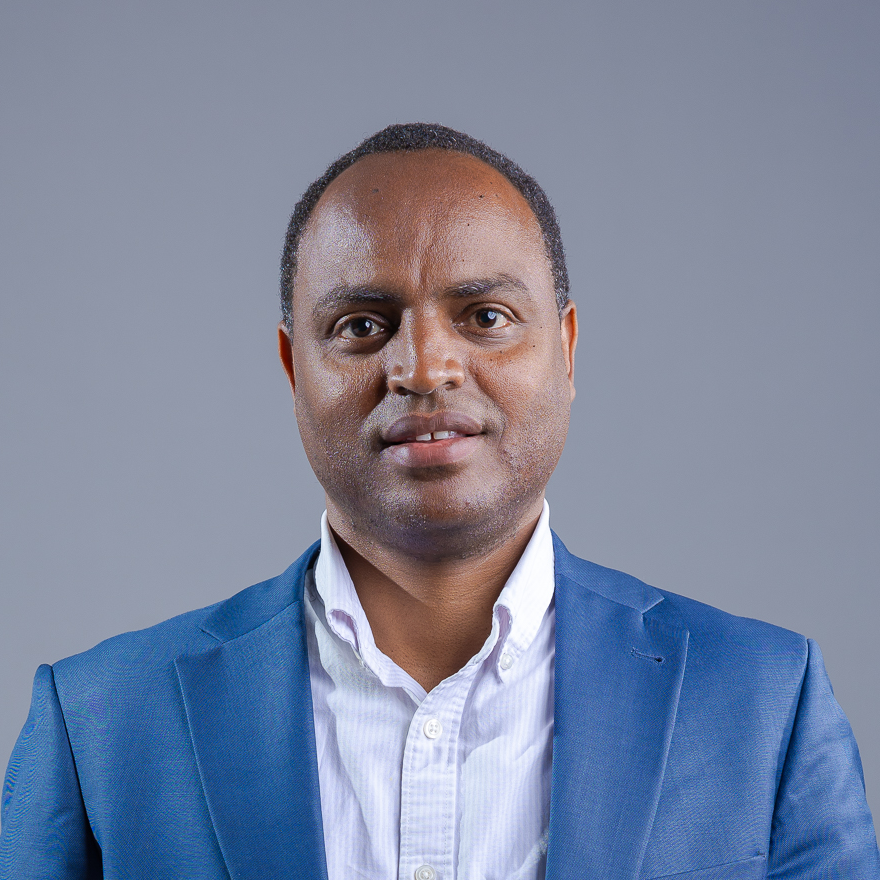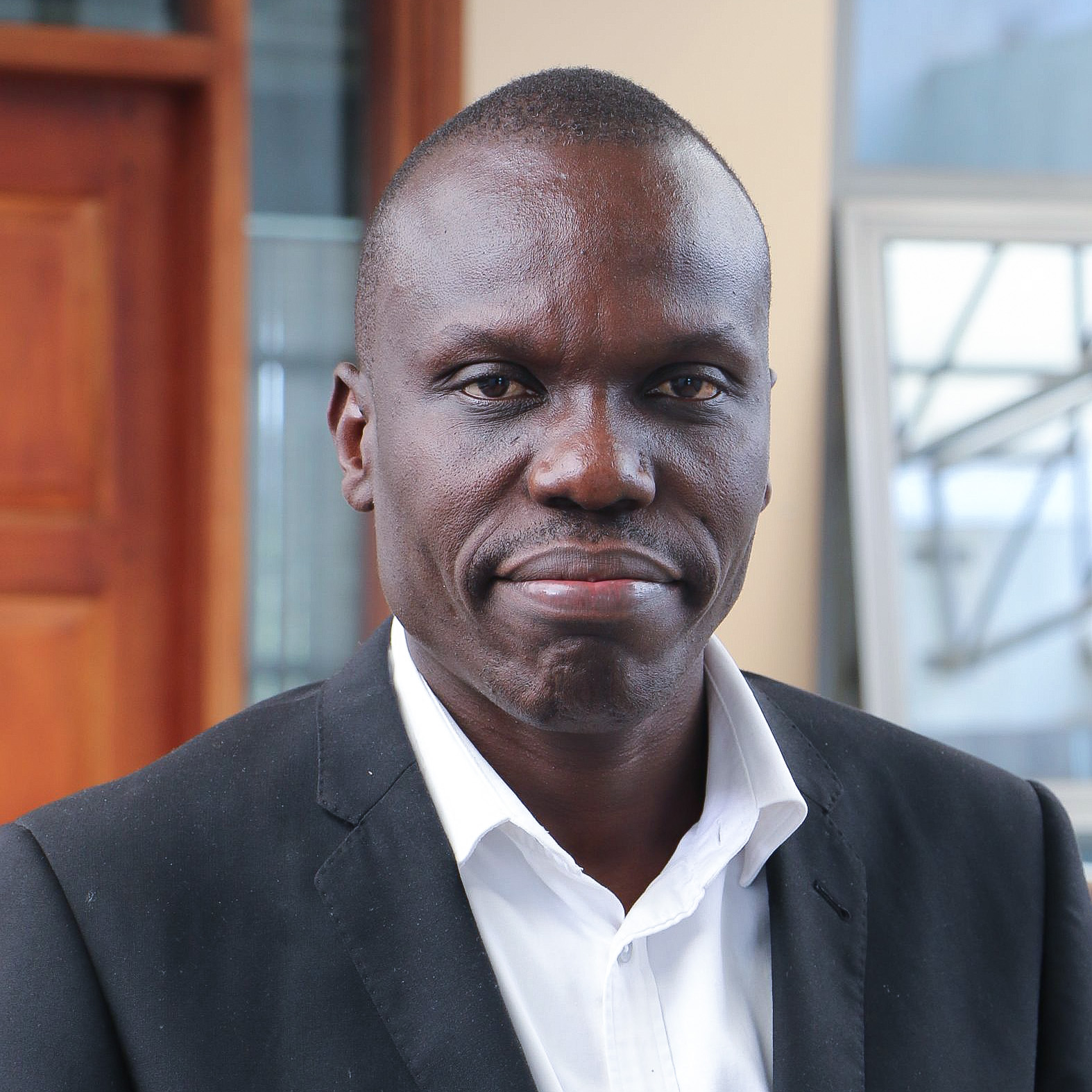CONTRIBUTORS

Eshetu Girma Kidane
Research Scientist

Gershim Asiki
Head of Chronic Disease Management

Michelle Mbuthia
Senior Communications Officer
Introduction
In the face of growing globalization, each year, thousands of individuals leave their homes in various sub-Saharan countries to middle east states in search of a better life for themselves and their families, however, during the migration process and while in transit they often experience challenges of various nature and intensity depending on their migrant status, their home or host countries conditions and their reason for return migration. Return migration, as defined by the International Organization for Migration (IOM) is ‘the process of going back or being taken back to the point of departure. This process can either be through forced return involving deportation from the host country or voluntary return involving spontaneous as well as assisted return’.
Many return migrants often experience significant challenges, including economic, social, psychological, and health issues, both during their journey and in the destination countries. These challenges can be further compounded by stigma and shame upon their return home. Despite the implications for their health and well-being, there is a lack of evidence and relevant reintegration policies in sub-Saharan Africa. Existing policies tend to focus on social and economic reintegration, with little emphasis on the health aspect.
What are the challenges return migrants face?
From a preliminary assessment conducted by the African Population and Health Research Center from December 2024 to February 2025, return migrants face unique health risks and challenges either while in transit or at their destination countries. These include infectious diseases and non-communicable diseases (NCDs), malnutrition, sexual and gender-based violence, physical violence, accidents, poor living and working conditions, social isolation, language barriers, racial discrimination and mental illnesses.
Upon return, these health issues often worsen, exacerbated by psychosocial and financial stress, including rejection, scapegoating, and stigma from family and community. This is further compounded by fragmented local reintegration policies and limited access to health services.
The Gap
The reintegration process is complex, multidimensional, and context-specific, significantly impacting the returnees, their families, communities, and the countries involved. While the challenges of reintegration in sub-Saharan Africa are increasingly recognized, cohesive policy frameworks and their implementation remain inadequate, leaving the healthcare needs of returning migrants unmet. For example, there is a lack of access to supportive structures and return migrant-centered healthcare, such as mental health counselling, medical check-ups, and community-based strategies to reduce stigmatization. Current reintegration conceptualizations and programs primarily focus on work and community reintegration, with a notable scarcity of evidence regarding the impact of return migration on health.
A call to Action
There are significant, unattended physical, mental, and social health and well-being needs among return migrants that urgently call for studies to develop scalable, consciously targeted, multi-level interventions for successful and sustainable reintegration. These studies should adopt descriptive participatory research approaches, working closely with return migrants, their families and communities, stakeholders, and experts. This collaborative approach will ensure that the evidence generated represents the specific priorities and needs within the sub-Saharan African context. The evidence should then inform and translate into comprehensive integration policies and frameworks, reorienting healthcare systems to address the increasing and unique needs of return migrants in sub-Saharan Africa.
This article was authored by Sylvester Orao in collaboration with Eshetu Girma, Gershim Asiki and Michelle Mbuthia.